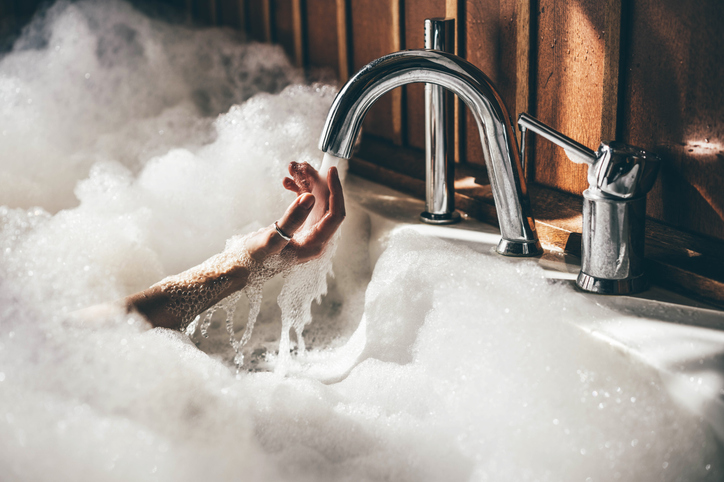In the daily management of systemic mastocytosis (SM), it is essential to proactively avoid environmental, emotional and physical triggers of symptom flare-ups. Heat, humidity and hot water are common triggers for mast cell diseases such as SM.
Sudden changes in temperature–hot or cold–can also be a trigger. Care must be taken to always check the water temperature before bathing, showering or washing your hands.
What is SM?
SM affects the mast cells, causing them to uncontrollably proliferate and accumulate in the connective tissue, bone and organs of the body. It is a rare, chronic white blood cell disorder that is genetic but not hereditary and occurs in men and women aged 40 to 50 years. There is no cure and treatment centers around symptom management, avoiding symptom triggers through diet and lifestyle modifications and antihistamine medication.
Symptoms of systemic mastocytosis include skin reactions such as flushing of the face, itchiness, hives, gastrointestinal issues such as nausea, diarrhea, abdominal pain, palpitations, depression, mood changes, bone and muscle pain, enlarged liver, spleen or lymph nodes and most seriously, anaphylaxis.
\Learn more about SM causes and risk factors
Managing the SM symptom burden
Mast cells release histamines and other chemicals into the blood as an immune response to protect the body against allergens and bacteria. In SM, the accumulation of mast cells and the excessive amounts of histamine released can trigger severe symptom flare-ups. Triggers can include certain foods and medication, emotional stress, physical exertion, alcohol, skin friction, heat, cold and sudden changes in temperature.
Managing heat triggers
Extreme heat or cold can trigger a mast cell response that can activate anaphylaxis, which can be life-threatening. In less severe cases, hot baths or showers can activate hives, skin itchiness and turn the skin bright red and splotchy, and are to be avoided. This also includes hot tubs, Jacuzzis, steam baths and saunas. Only water that is lukewarm is recommended to avoid triggering an allergic reaction.
It is also advised to not spend too long in the shower or bath. For people who are very heat sensitive, showers can be less comfortable, but a sponge bath may be a good alternative option.
Before stepping into water, it is important to first regulate the temperature and then test it. It is better to have water that is lukewarm or slightly cooler, than to have it too hot. Be advised that water that is too cold is also a symptom trigger risk.

